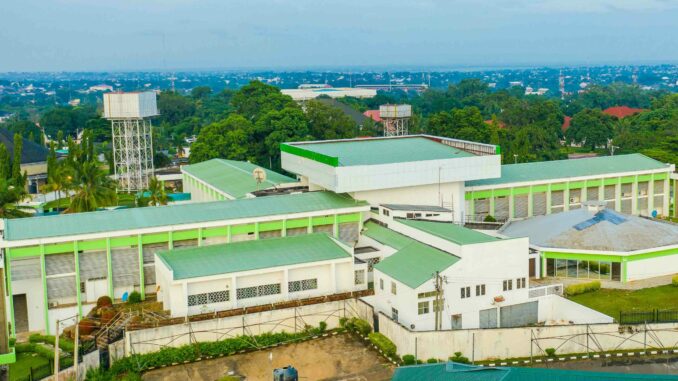
On the evening of 11 May, gunmen launched a series of attacks on four villages in central Nigeria’s Benue State, leaving at least 23 people dead and several others wounded, according to Red Cross sources.
The victims were predominantly farmers, with the most significant fatalities reported in the Ukum and Logo areas, where eight and nine people were killed respectively. Smaller-scale attacks also occurred in Guma and Kwande, further deepening the region’s crisis. The Red Cross’s Anthony Abah confirmed the toll, though police officials were yet to acknowledge the assault officially.
The ongoing conflict in Benue State is largely driven by the long-standing tensions between nomadic herders and sedentary farmers, as both groups compete for land and resources. The violence has been further complicated by ethnic and religious divides, with many Fulani herders, typically Muslim, clashing with predominantly Christian farming communities. The recent assault echoes the tragic events of previous months, including an attack in April that claimed over 100 lives in the neighbouring Plateau State. These incidents have highlighted the escalating danger faced by rural communities, as the violent confrontations continue to spread.
Underlying the growing instability is the issue of dwindling land resources, exacerbated by climate change and population growth. As available land for both farming and livestock dwindles, competition has intensified, leading to frequent and increasingly deadly clashes. This violent struggle for space is threatening not only the region’s peace but also its agricultural productivity, leaving families vulnerable to both violence and food insecurity. With no clear resolution in sight, the government and humanitarian organisations are struggling to address the root causes of the conflict and prevent further loss of life.
